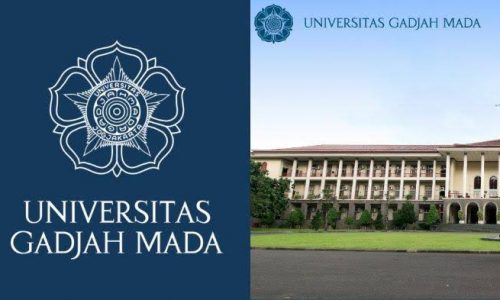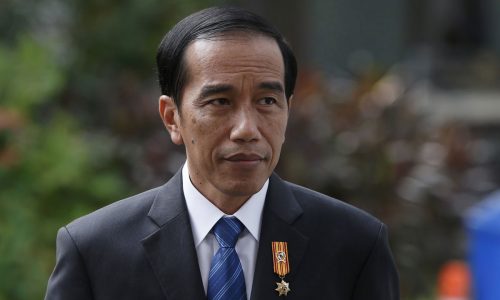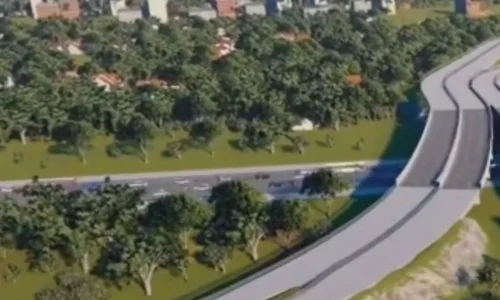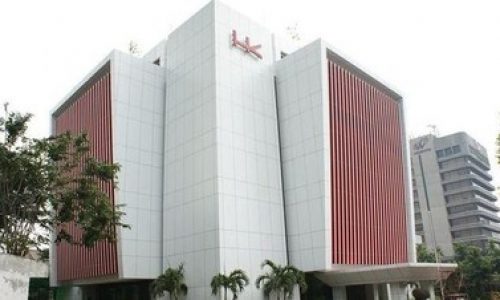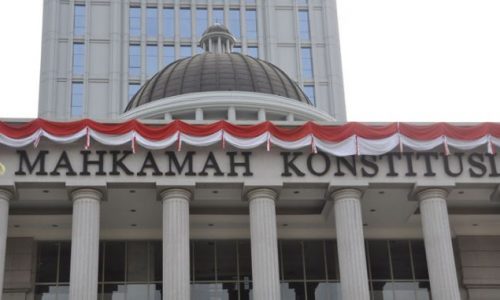Indonesia plans to revise the 2021 law on oil and gas to boost investment in the country’s declining oil and gas industry. Minister of Energy and Mineral Resources Arifin Tasrif said that in order to attract the investment, the planned law revision would provide facilities such as fiscal term improvement, assume and discharge, ease of doing business and contract certainty.
“To encourage more upstream investment in Indonesia, the government has conducted some breakthrough policies, through contract flexibility (Cost Recovery PSC [production sharing contract] or Gross Split PSC), terms & condition improvement on bid round, fiscal/non-fiscal incentives, online permits submission and regulation adjustment for unconventional investment,” he said in his speech at the 46th Indonesian Petroleum Association (IPA) Convention and Exhibition, in Jakarta, on September 21, 2022.
Since the 1990s, Indonesia’s crude oil production has experienced a steady declining trend amid a lack of exploration and investments in this sector due to weak government management, red tape, unclear regulatory framework and legal uncertainty on contracts.
“After 1995, oil production is decreasing steadily as well as gas production in 2005. It was due to the absence of discovery of large oil reserves, lack of exploration and investment, limited financing, the COVID-19 pandemic and shifting investment to renewable energy,” said Tasrif.
Change of business models
The minister said Indonesia has currently provided contract flexibility either Cost Recovery PSC or Gross Split PSC. In 1971, the legislature passed the law on state oil and gas mining company which provides state-owned oil and gas company PT Pertamina two functions as an operator and a regulator. Meanwhile, the functions of policies were held by the government. In this law, assume and discharge was introduced to attract the investor.
Tasrif explained that the government issued the first law on oil and gas mining in 1960, which stated that oil and gas mining business was only carried out by state oil company as a mining authorization holder. This provision abolished the foreign concession to be replaced by a contract of work. Since then, foreign companies have served only as contractors of state companies. Indonesia initiated Production Sharing Contract (PSC) model in 1966 and has implemented through three generations:
- First generation (1965 -1978): cost recovery was limited to 40%, the contractor’s share was 35% net and the Domestic Market Obligation (DMO) was without a grace period
- Second generation (1978 – 1988): has no restrictions on cost recovery, 15% net contractor share, 20% investment credit and DMO at market prices for 5 years
- Third generation (1988 – 2016): was introduced by First Tranche Petroleum (FTP) which accounts for 20% of gross production and DMO which varies between export prices.
In early 2017, Indonesia established a new form of production sharing contract, the Gross-Split PSC, which abolished the cost recovery system first pioneered by Indonesia in 1966.
Target to increase production
Tasrif said that Indonesia would boost oil and gas production to reach the target of 1 million BOPD (barrel of oil per day) and 12 BSCFD (billion standard cubic feet per day) by several strategies such as optimization existing production, transformation resources to production, acceleration Chemical Enhanced Oil Recovery and massive exploration for huge discovery as well as unconventional oil and gas development.
Indonesian oil and gas upstream investment potential were still huge, he said. Indonesia has 70 of potential unexplored basins offered for the investors.The government will accelerate exploration in five working areas of the eastern part of Indonesia, namely Buton, Timor, Seram, Aru-Arafura and West Papua Onshore.
Currently, Indonesia also has 4 promising oil and gas projects, namely IDD Gendalo and Gehem, Jambaran Tiung Biru, Abadi field and Tangguh Train-3, which expected to increase oil and gas production by 65,000 BOPD and 3,484 MMSCFD, with total investment more than USD 37 billion.
To further increase oil and gas production, Indonesia will announce the Indonesian Petroleum Bidding Round for second round in 2022, consisting of five candidates for direct offer, 1 candidate for direct offer available block of Paus, 1 candidate for regular tender and 1 direct offer for West Kampar.
Low emission
The government underlined the importance of tackling climate change challenge and promoting green development in energy transition towards Net Zero Emission by 2060 or sooner. Nevertheless, the role of oil and gas in energy transition is very critical because fossil fuels still play a significant role in meeting national energy demand.
“Within the context of low carbon energy, the role of natural gas is crucial as a transitional energy before the dominance of fossil fuel shifts to renewable energy in the long run. Of course, this energy transition will be carried out in multiple stages by considering competitiveness, cost, availability and sustainability,” said Tasrif.
Striking the balance between increasing oil and gas production and carbon emission target, Indonesia should promote low emission technology and innovation, for instance through deployment of CCUS (Carbon Capture, Utilization and Storage). There are 14 CCS (Carbon Capture and Storage)/CCUS projects in Indonesia, but all activities are still in the study/preparation stage. Most of them are targeted for onstream before 2030.
One of the promising projects in the near term is Tangguh Enhanced Gas Recovery (EGR) and CCUS. This project aims to reduce carbon emission around 25 million ton CO2 until 2035 as well as increase production up to 300 BSCF until 2035. Tangguh EGR/CCUS could be a role model for future gas developments in ‘Indonesia.
Preparing unconventional development
Currently, the government is preparing a ministerial regulation on CCS/CCUS. In the first step, the main focus is to regulate CCS/CCUS for Enhanced Oil Recovery, Enhanced Gas Recovery or Enhanced Coal Bed Methane in oil and gas working area. According to Tasrif, the government is still finalizing the draft and this regulation is one of the priorities.
The government has set a road map for Indonesia’s unconventional oil and gas development by 2030 through several steps: governance improvements and inventory potential; productivity testing; commercialization and exploitation; production optimization; and production development.
“We encourages the acceleration of unconventional oil and gas, as we have shale oil and shale gas resources in Indonesia. Thus, we’ll improve the regulation and fiscal of unconventional oil and gas which cover Existing Conventional Oil and Gas PSC contractors may exploit the resources of unconventional oil and gas in their working area through the same PSC without tender process. Conventional oil and gas company work commitments can also be transferred to unconventional firm work commitments,“ Tasrif said.



